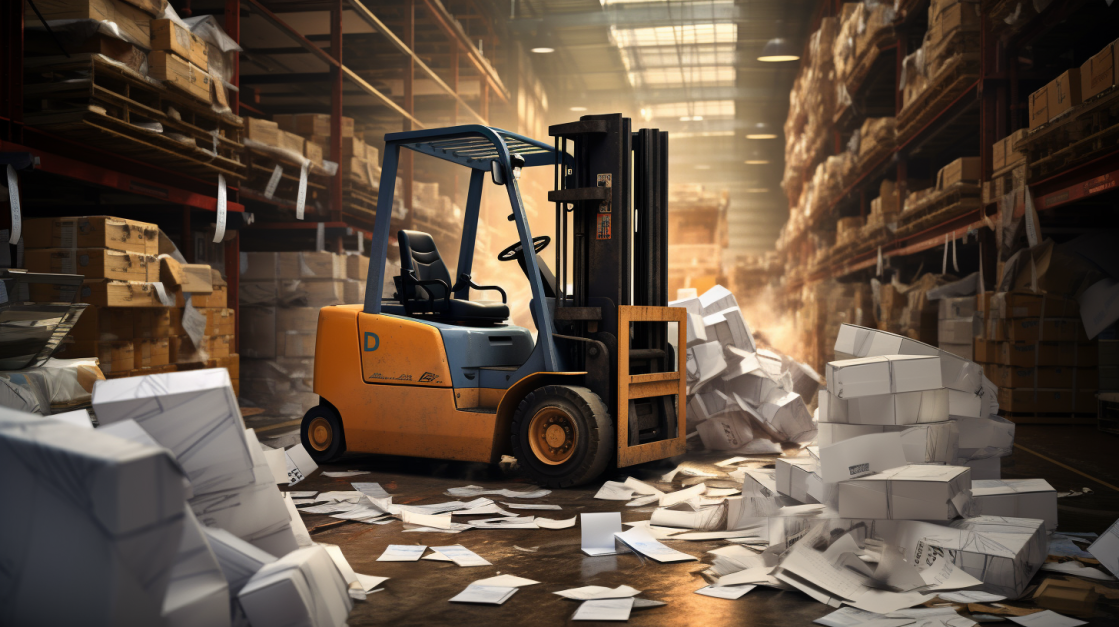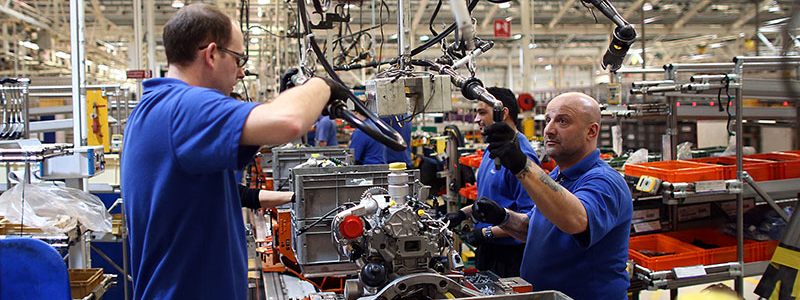In recent years, more and more companies have been making an effort to "go green" and reduce their environmental impact. One way that factories can make a significant contribution to this effort is by eliminating paper usage.
Eliminating paper usage in factories can reduce the costs associated with purchasing, storing, and disposing of paper products. These expenses can add up quickly, especially for large-scale manufacturing operations. By switching to digital documents, factories can avoid these costs altogether and redirect resources towards other areas of the business.
In addition to direct cost savings, going paperless in factories can also lead to increased efficiency and productivity. Digital work instructions can be accessed and shared more easily than paper documents, which can help reduce the time and effort required to manage and process paperwork. This can help streamline operations and improve overall productivity, allowing factories to produce more goods in less time.
Moreover, going paperless in factories can also help businesses maintain a competitive edge in the marketplace. As more and more companies prioritize sustainability, consumers and investors are increasingly looking for businesses that are committed to reducing their environmental impact. By going paperless, factories can position themselves as environmentally responsible and appeal to these stakeholders, potentially leading to increased sales and investment opportunities.
While there may be some upfront costs associated with the transition to a paperless system, the long-term financial benefits far outweigh these costs. In fact, many companies find that the return on investment for going paperless is significant, with cost savings and productivity gains that continue to accumulate over time.
Of course, making the transition to a paperless system can be challenging. Employees must be trained on new systems and processes, and cybersecurity measures must be put in place to protect sensitive information. However, with the right tools, processes, and training, going paperless can be a relatively simple and straightforward process.
In conclusion, eliminating paper usage in factories can bring significant financial benefits. By reducing costs, increasing efficiency, and positioning the business as environmentally responsible, factories can gain a competitive edge in the marketplace and improve their bottom line. While the transition to a paperless system may require some initial investment, the long-term financial benefits make it a wise choice for any business looking to improve its sustainability and profitability.

Ben Marsh
I've spent my career in Manufacturing, and can't stop trying to make things more efficient. At home, I am a master Lego builder with my son.




 3 min read
3 min read


